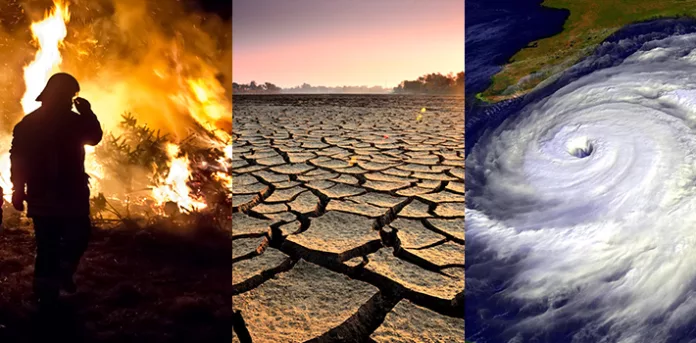
Are regional governments doing enough to pressure wealthier nations to provide financial aid for the cost of climate change?
General Secretary of the Antigua and Barbuda Workers’ Union (ABWU), Senator David Massiah, doesn’t think so.
Senator Massiah was speaking at the UNI Global Union’s World Congress, which saw thousands of union leaders from around the world gather in Philadelphia last week, where he called out governments for what he described as “politically motivated” climate finance schemes.
“In recent months, we have watched the increased intensity in strength of many devastating storms and natural disasters that continue to plunder our small island states in the Caribbean and part of the United States and Europe.
“[However], in most cases, our governments have proven to be incapable of creating a transparent system that benefits all,” the Senator explained.
Climate finance has been a hotly debated subject among nations, with Antigua and Barbuda being a leader in advocating for the creation of a loss and damage fund from wealthy nations, as small island economies deal with the consequences of worsening natural disasters, exacerbated by fossil fuel emissions.
According to ODI, a London-based independent global think tank, Australia, Canada and the US have lagged behind other larger nations in international climate finance support, with the United States showing the least progress.
Senator Massiah called on governments to ensure that trade unions are part of the discussions on climate action.
“As they push to see the transition from a fossil fuel economy to a green energy economy, governments have committed to adopt the COP agenda without full and meaningful engagement and involvement of the labour movement,” he said.
“There can be no meaningful progress if the most vulnerable stakeholders in the development process are not given the opportunity to make their voices be heard in a constructive and meaningful way.”
